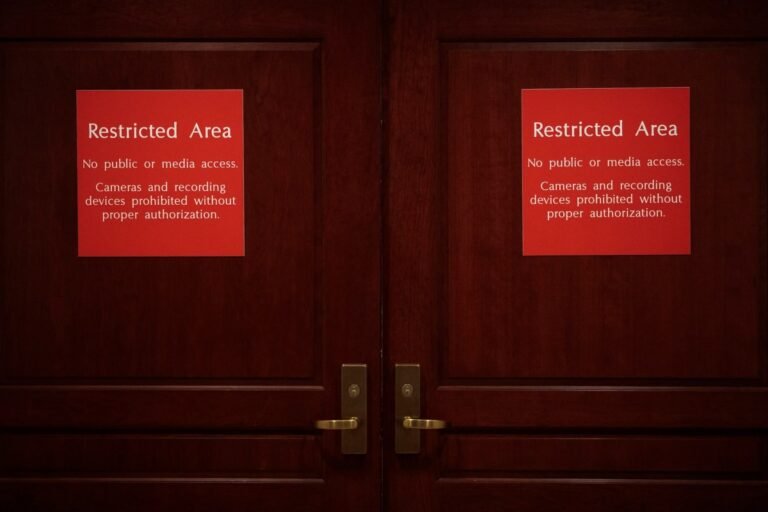
Lawmakers passed legislation early Saturday reauthorizing and expanding a controversial U.S. surveillance law shortly after the powers expired at midnight, rejecting opposition by privacy advocates and lawmakers.
Critics, including lawmakers who voted against the reauthorization, say FISA also sweeps up the communications of Americans while spying on its foreign targets.
Following the passage in the early hours of today, Senator Mark Warner, who chairs the Senate Intelligence Committee, said that FISA was “indispensable” to the U.S. intelligence community.
FISA requires the government to seek an annual certification from the secretive FISA Court, which oversees and approves the government’s surveillance programs.
The FISA Court last certified the government’s surveillance program under Section 702 in early April, allowing the government to use its lapsed authority until at least April 2025.
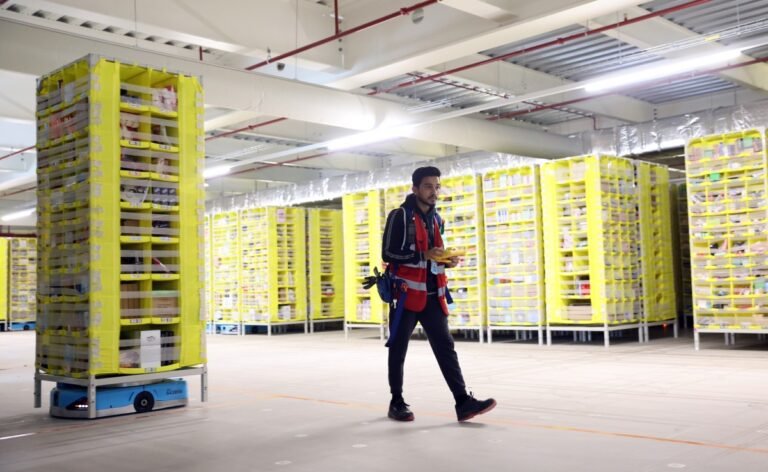
France’s data privacy watchdog, the CNIL, has fined Amazon’s logistics subsidiary in France €32 million, or $35 million at today’s exchange rate.
Again, it’s worth pointing out that the CNIL is listing some data processing wrongdoings.
This isn’t a labor case, it’s a data processing case about illegitimate and excessive monitoring of the warehouse workers.
“As implemented, the processing is considered to be excessively intrusive.”According to the French regulator, Amazon uses this performance data to assess the overall performance of its warehouse workers on a weekly basis.
The company’s first argument is that Amazon isn’t the only company in the logistics industry using a connected warehouse management system.
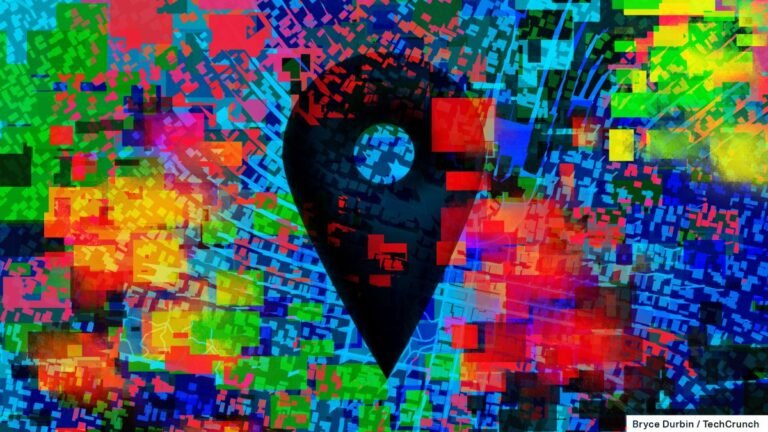
Even the courts cannot agree on whether geofence warrants are legal, likely setting up an eventual challenge at the U.S. Supreme Court.
While Google is not the only company subject to geofence warrants, Google has been far the biggest collector of sensitive location data, and the first to be tapped for it.
Although the companies have said little about how many geofence warrants they receive, Google, Microsoft and Yahoo last year backed a New York state bill that would have banned the use of geofence warrants across the state.
The data showed Google received 982 geofence warrants in 2018, then 8,396 geofence warrants in 2019, and 11,554 geofence warrants in 2020 — or about one-quarter of all the legal demands that Google received.
But there is hope that Google shutting the door on geofence warrants — at least going forward — could significantly curtail this surveillance loophole.
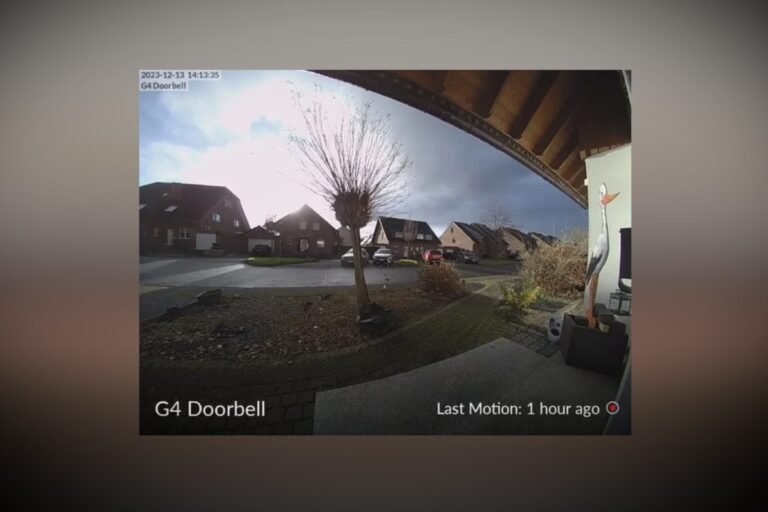
Ubiquity, the networking and video surveillance camera maker, has fixed a bug that users say mistakenly allowed them access to the accounts and private live video streams of other customers.
Reports first emerged on Reddit that some customers received push notifications on their phones featuring Ubiquiti account-related information and private video streams belonging to other customers.
Another person said they logged into their Ubiquiti account but were presented with the account data of another customer.
“I logged in and I seem to be someone else,” said one person on the Ubiquiti subreddit.
Ubiquiti is a cloud and technology company that makes routers, network switches, security and video surveillance gear, which can be remotely controlled and operated through its centralized cloud offering.

Parliamentarians in France are on track to deploy AI to monitor public spaces for suspicious behavior during the 2024 Paris Olympics, despite EU lawmakers voting to ban the use of…
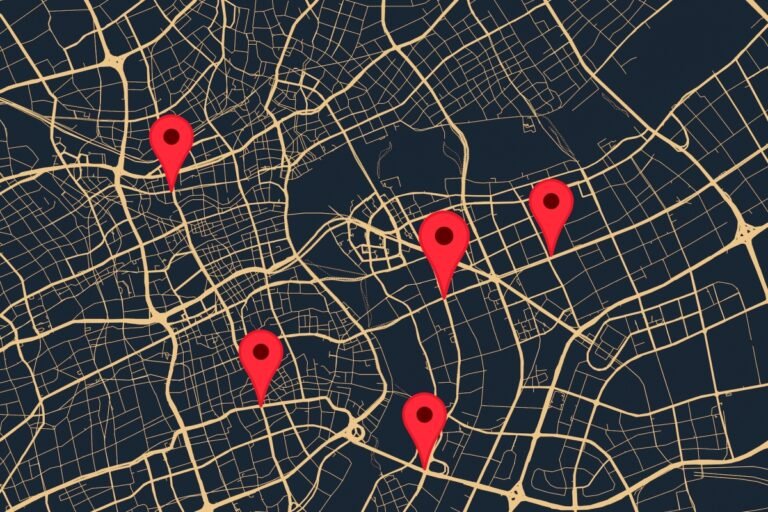
The Government Accountability Office (GAO) has found that the Secret Service and ICE’s Homeland Security Investigations (HSI) unit failed to obtain the correct legal paperwork when carrying out invasive cell…









